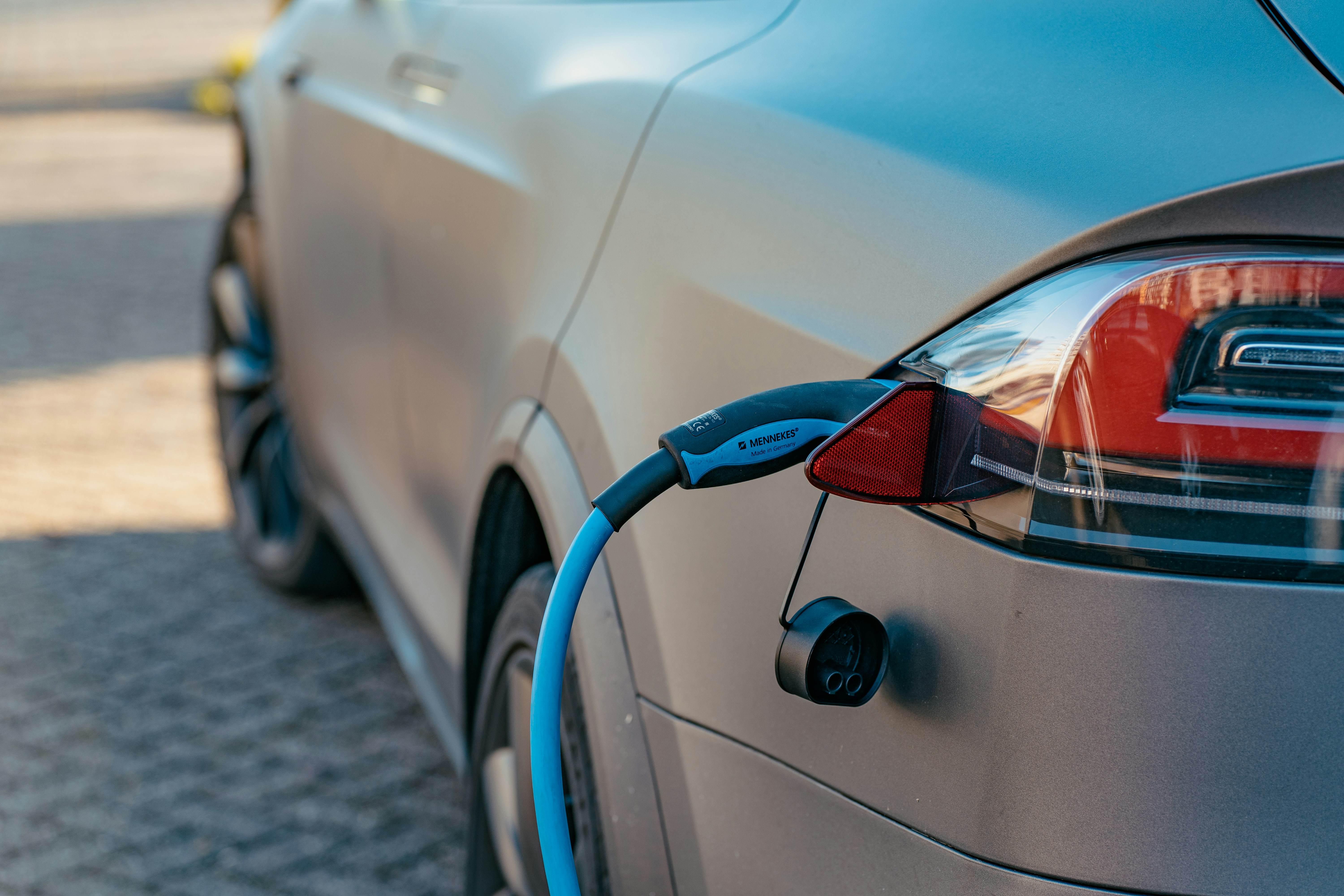In 2025, Charge Ahead Partnership was supporting Virginia House Bill 2087. This legislation would have encouraged private investment in Virginia’s electric vehicle (EV) charging market by addressing barriers keeping businesses out of the market. Currently, Virginia law allows electric utilities to build EV charging stations with no limitations to account for unfair competition with privately owned stations, dissuading private entities from investing. HB 2087 would have provided more certainty to private investors considering getting into this business by directing the State Corporation Commission (SCC) to determine appropriate buffer areas between eligible privately owned fast-charging stations and stations owned by electric utilities. Additionally, this bill would have facilitated a more effective buildout of Virginia’s EV charging network by directing the Commonwealth’s electric utilities to establish rates for public fast charging free of demand charges and encouraging increased investment by utilities in make-ready infrastructure. These provisions would have made it easier for private entities to install charging stations through increased rate structure transparency and support for the behind the meter infrastructure needed for EV charging. This bill passed the General Assembly and was returned by the Governor with significant amendments. The General Assembly did not accept the Governor's amendments and unfortunately the Governor vetoed the bill instead of allowing it to become law in the form it passed the legislature.
Key Provisions of Virginia HB 2087:
Directs the Virginia SCC to determine the appropriate distance between privately-owned and utility-owned fast-charging stations.
Requires electric utilities to file rates for public fast charging stations without demand charges.
Promotes an efficient build out by encouraging utility investment in make-ready infrastructure to support EV charging stations.
In the 2024 Virginia General Assembly Session CAP monitored House Bill 118 which would have helped to place commonsense restrictions on utility ownership of EV charging stations in the Old Dominion. A bill with several EV charging provisions, HB 118 included language which would have established a right of first refusal (ROFR) process for utility owned chargers. This process would have limited utility ownership of EV charging stations to certain areas of higher need, ensured that new utility stations would not undercut existing privately-owned ones and allowed private entities to provide EV charging services to areas before utilities could do so with ratepayer funds. This legislation received support from several environmental groups but unfortunately did not advance beyond the House Labor and Commerce Committee.


